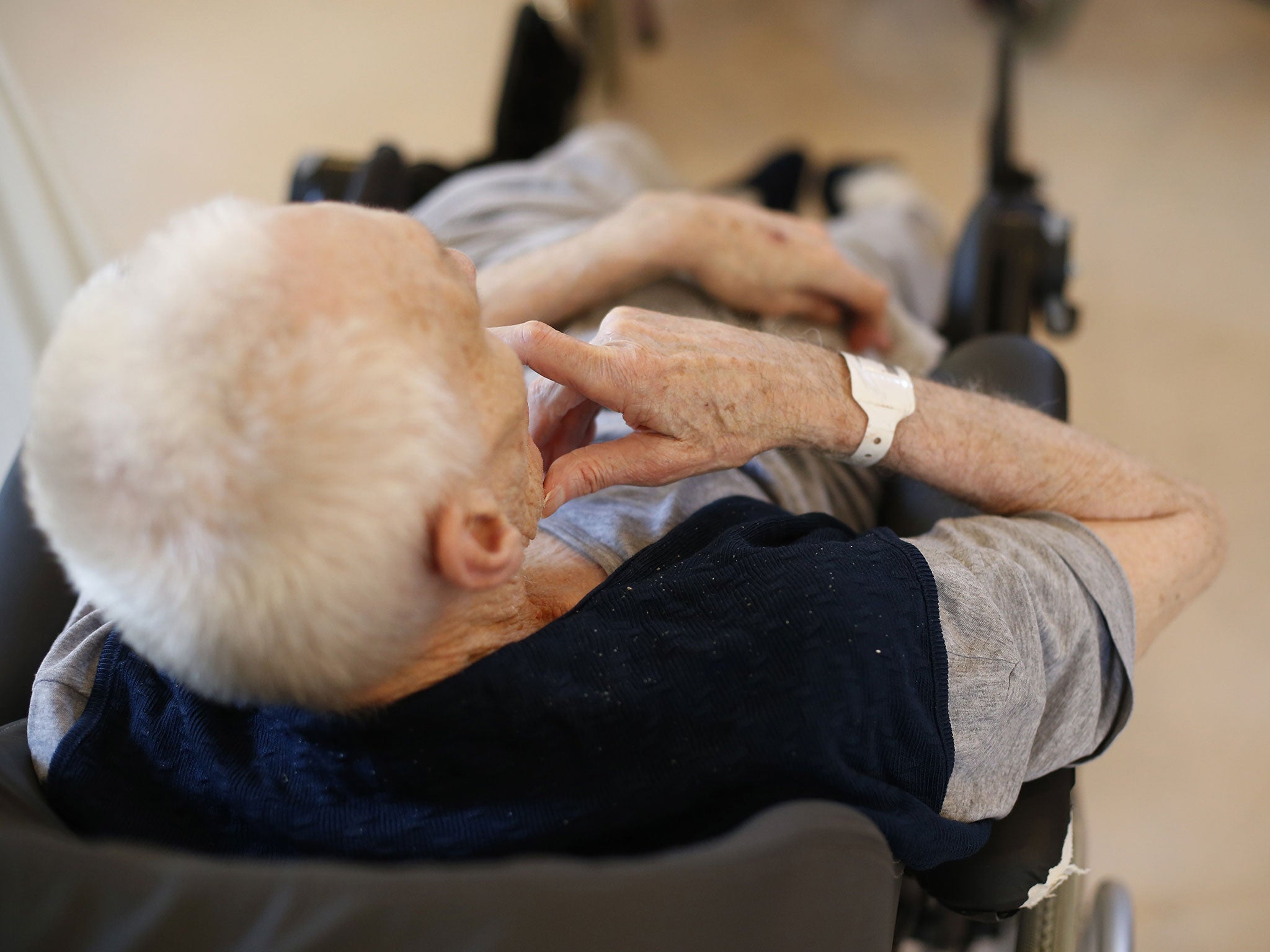Exercise could cut broken bone and hospitalisation risk in elderly men who fall, study suggests
Falls can lead to fatal injuries in elderly people

Your support helps us to tell the story
From reproductive rights to climate change to Big Tech, The Independent is on the ground when the story is developing. Whether it's investigating the financials of Elon Musk's pro-Trump PAC or producing our latest documentary, 'The A Word', which shines a light on the American women fighting for reproductive rights, we know how important it is to parse out the facts from the messaging.
At such a critical moment in US history, we need reporters on the ground. Your donation allows us to keep sending journalists to speak to both sides of the story.
The Independent is trusted by Americans across the entire political spectrum. And unlike many other quality news outlets, we choose not to lock Americans out of our reporting and analysis with paywalls. We believe quality journalism should be available to everyone, paid for by those who can afford it.
Your support makes all the difference.Elderly men who exercise may cut their risk of suffering broken bones if they fall, a new study has suggested.
Scientists set out to test whether older people can benefit from following structured exercise programmes.
The study published in 'The BMJ' journal used data on 1635 sedentary adults aged between 70 and 89-years-old from the US Lifestyle Interventions and Independence for Elders (LIFE) study.
Participants were dealing with mobility problems, including the inability to walk more than 400m.
Researchers asked half of the the participants to follow a structured, moderate exercises programme at a centre twice a week, and at home three to four times a week.
The regime included aerobic moves as well as others which built strength and flexibility. The other half attended workshops on topics relevant to older people where they were also taught stretches for the upper body.
The team monitored how many falls each person had in 3.5 years, by asking them about incidents every six months.
The study found that men who did exercises were less likely to have serious falls, suffer fractures or be hospitalised that women in the same group.
The researchers found that while the exercises did not significantly cut the number of falls, men were less likely to experience serious injuries such as broken bones or be hospitalised.
“Serious fall injuries are one of the most dreaded and devastating conditions experienced by older persons,” Dr Thomas Gill, a professor of geriatric medicine at Yale School of Medicine in New Haven, Connecticut told Reuters Health.
However, Dr Mary Tinetti at Yale University who studies people falling told Reuters that further research is needed into understanding whether men genuinely benefit more from physical activity than men.
In the UK, falls are the most common cause of injury to related deaths in people aged over 75, according to the NHS.
Elderly people who fall are urged to stay calm. Those who feel strong enough to get up must do so slowly by rolling onto their hands and knees, and holding on to stable furniture to slowly get up. If a person is unable to stand, they must try to get attention by calling for help, banging on the wall or floor, or by using an aid call button.
If a person is able to, they should crawl to a telephone and request an ambulance by calling 999.
Join our commenting forum
Join thought-provoking conversations, follow other Independent readers and see their replies
Comments